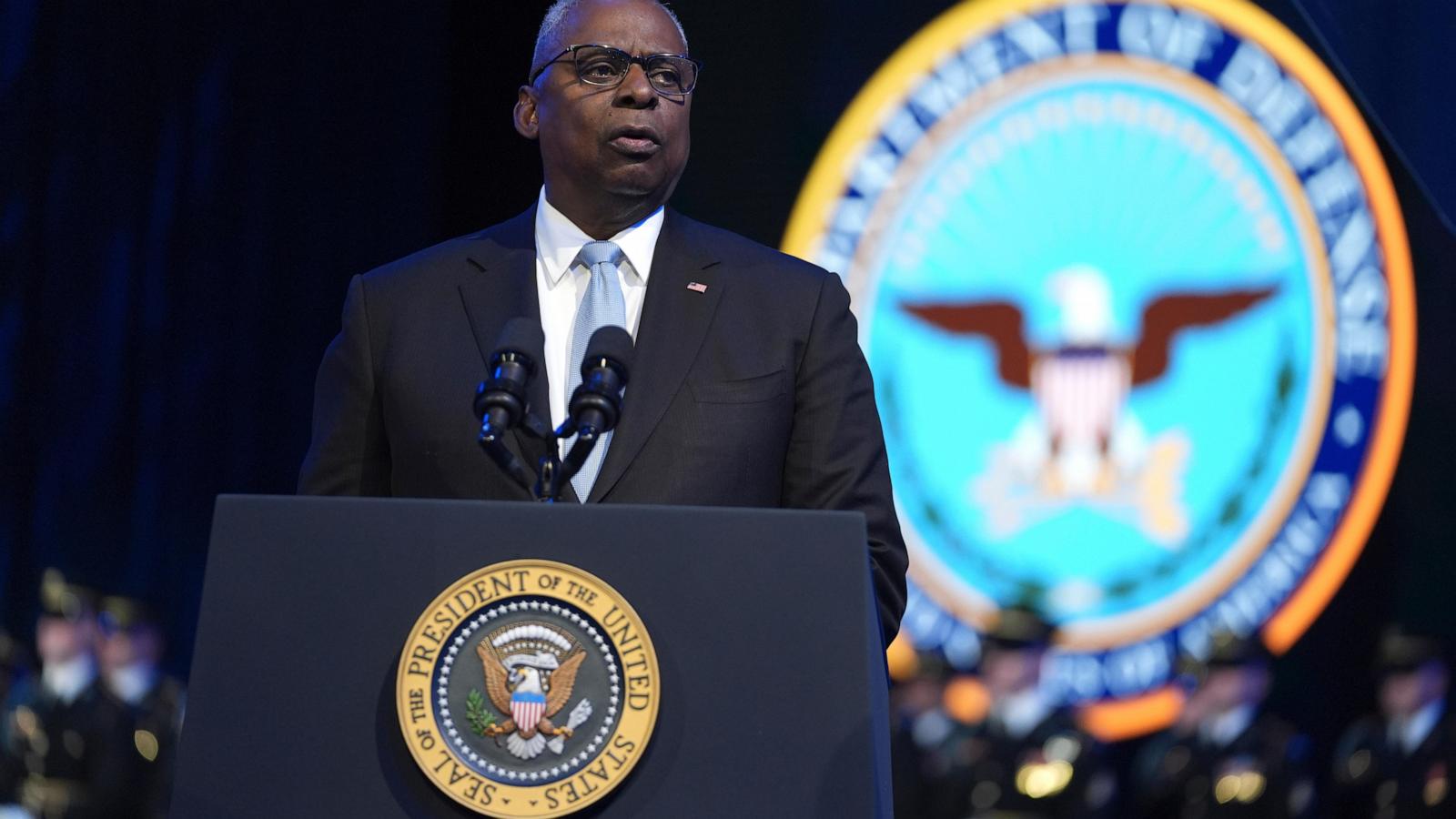Lloyd Austin's Pentagon Farewell: A Legacy Forged in Crisis and Controversy
In a career spanning four decades, Lloyd Austin's tenure as Secretary of Defense was marked by a relentless series of crises, from a global pandemic and a chaotic Afghan withdrawal to Russia's invasion of Ukraine and the eruption of conflict in the Middle East. His farewell ceremony wasn't just a goodbye; it was a powerful statement, summarizing the accomplishments and challenges of his historic time as the nation's first Black defense secretary. Prepare to be amazed by the sheer scale of his leadership, facing down unimaginable obstacles to secure America's place on the world stage.
Navigating a Sea of Challenges: From COVID to Kabul
Austin stepped into the role of Defense Secretary during the height of the COVID-19 pandemic and in the aftermath of the January 6th Capitol insurrection. His first months were a whirlwind of implementing vaccine mandates, a vital step towards protecting service members and maintaining force readiness and investigating possible extremist elements within the ranks of the US military, a necessary investigation considering the scale of military involvement with the insurrection.
The Afghan Withdrawal: A Defining Moment
The chaotic U.S. withdrawal from Afghanistan in 2021 cast a long shadow over his tenure. Although the withdrawal was planned under the previous administration, the stunning collapse of the Afghan government and the resulting humanitarian crisis became synonymous with his time as Secretary of Defense. Despite criticisms, the evacuation of over 124,000 people in just 17 days stands as a testament to the logistical prowess and unwavering commitment of the U.S. military. The tragedy surrounding the suicide bombing, resulting in the loss of American and Afghan lives, sadly colored this defining chapter of his tenure.
The COVID-19 Pandemic: Maintaining Readiness
The COVID-19 pandemic challenged global security at all levels, demanding quick thinking and effective solutions to protect both American troops and maintain their readiness, given its global implications, This crucial work is an overlooked part of his tenure that also influenced his success with handling other crises.
Responding to Global Conflicts: Ukraine and Beyond
The Russian invasion of Ukraine unfolded during Austin's leadership, calling for immediate and decisive action. Under his guidance, the Ukraine Defense Contact Group was established, uniting over 50 nations to supply Kyiv with crucial resources and military training – a feat described by some as one of the largest coalition's assembled to respond to a crisis since WWII. The scale and long term impact on global security can't be overstated, further cementing Austin's critical role.
The Middle East Conflict: Preventing All-Out War
The October 2023 Hamas attacks on Israel ignited another crisis. Austin's swift deployment of aircraft carriers and subsequent naval engagement in the Red Sea, demonstrates his prowess in global crisis management, showcasing America's ability to navigate and control several significant conflicts at once.
A Legacy of Leadership and Controversy: A Controversial Departure
Austin's commitment to diversity in the military is a notable aspect of his legacy, though certainly a controversial topic. His emphasis on attracting and retaining qualified patriots who are eager to serve, regardless of background, serves as an underpinning of the strength of the United States' military. He faced considerable scrutiny over the handling of his own prostate cancer diagnosis and treatment, sparking a national debate about transparency and military leadership.
Mishandling of Cancer Diagnosis and the Public Response
His personal experience with prostate cancer and its treatment introduced an entirely new discussion about leadership and public communication in times of crisis. Transparency in military leadership is important, as it impacts international confidence and diplomacy and public support. Austin learned this lesson the hard way. The report detailing his communication missteps led to new processes intended to ensure more openness in the future, and serves as a useful insight to others, especially those in such powerful positions.
Take Away Points
Lloyd Austin's tenure as Secretary of Defense was one of both considerable success and significant challenge. His commitment to a diverse and highly skilled military, demonstrated by both his words and actions, remains a pivotal aspect of his legacy. While the handling of the Afghan withdrawal, and his cancer treatment communications highlight areas for improvement, his actions in responding to numerous crises showcases his strategic decision-making capabilities and decisive leadership abilities.









